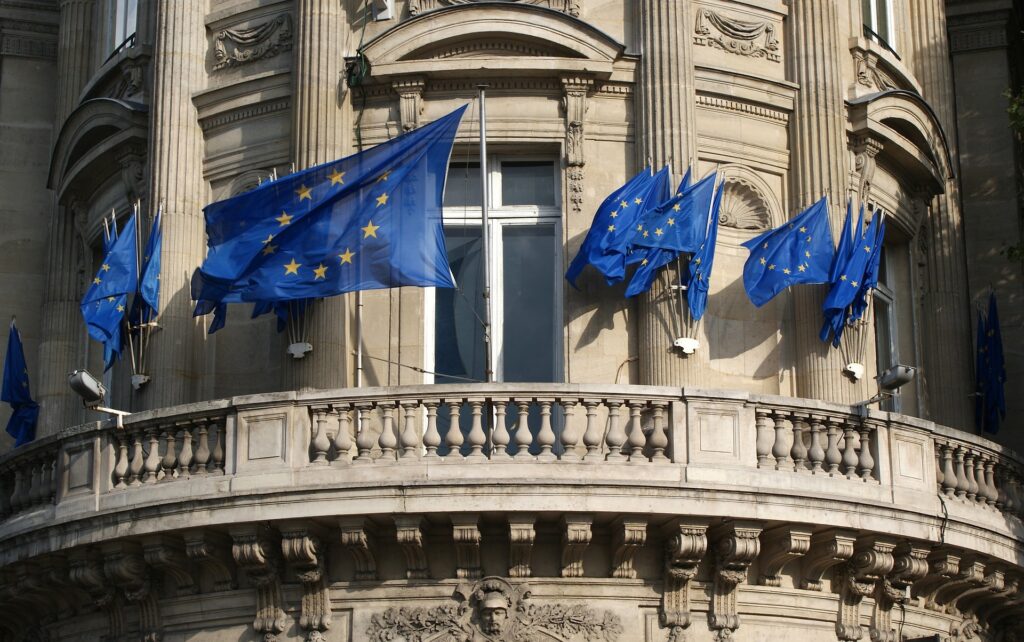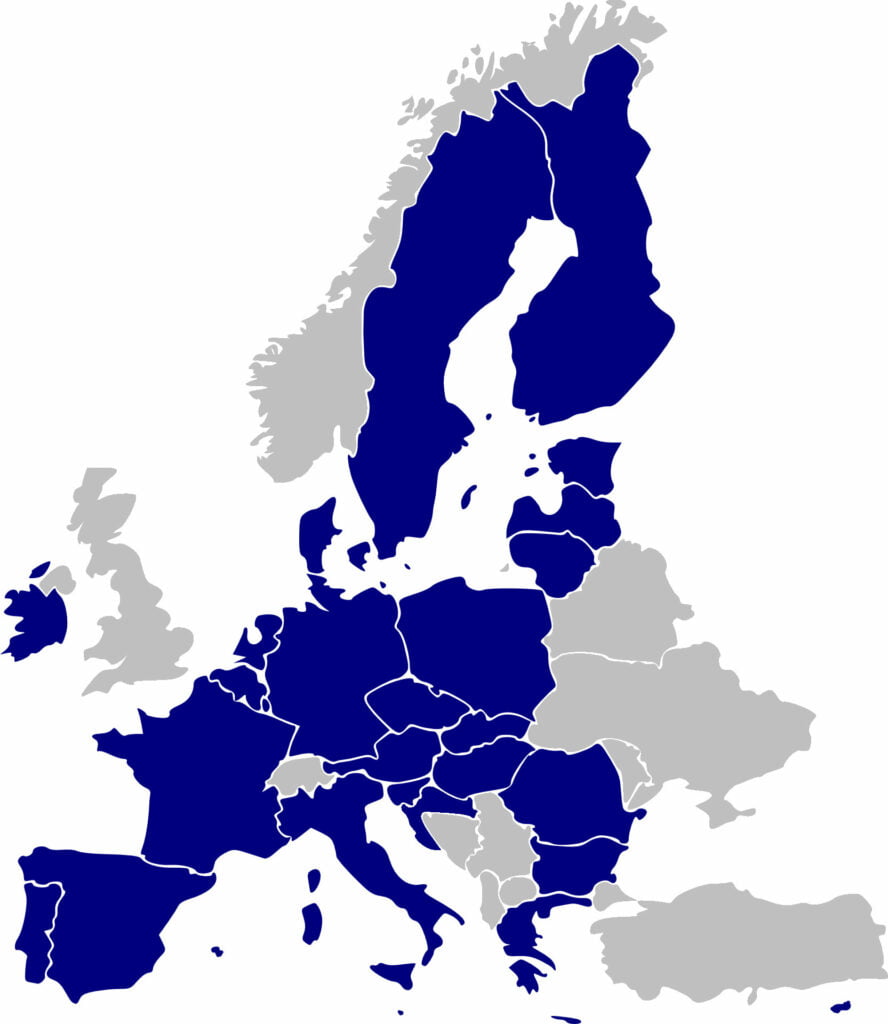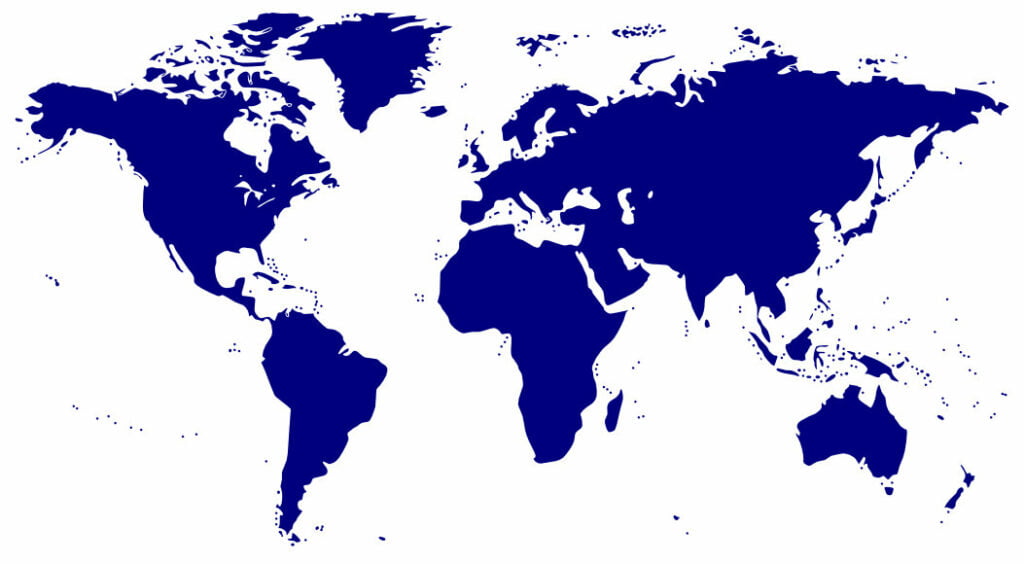Basic info about Erasmus

Erasmus+ is the EU programme to promote education, training, youth and sport in Europe.
The Erasmus programme was established in 1987 as an exchange programme for higher education students. Ever since the first year, when 3,200 students from 11 European countries (Belgium, Denmark, Germany, Greece, France, Ireland, Italy, Netherlands, Portugal, Spain and United Kingdom) participated, the programme has constantly been evolving. The name itself is an abbreviation of the European Region Action Scheme for the Mobility of University Students and also the name of the famous Dutch humanist and Renaissance thinker Erasmus of Rotterdam (full name Desiderius Erasmus von Rotterdam, 1469-1536), who – in his thirst for knowledge and learning – travelled across Europe and emphasised the benefits of learning about other cultures.
This action in the field of mobility in higher education supports both physical and mixed mobility of higher education students in any field of study and at any level (short cycle, bachelor, master, Phd).
Students can either:
- study abroad at a partner higher education institution,
- or undertake an internship in a company, research institute, laboratory, organisation or other relevant workplace abroad
Students can also combine a study abroad placement with an internship to enhance learning outcomes and develop transversal skills.
This action also supports the participation of university teachers and administrative staff in professional development activities abroad (teaching stays, training, job shadowing, etc.).
Furthermore, this action supports mixed intensive programmes that allow a combination of physical and virtual (online) mobility.
For more information on Erasmus+, please see our short presentation and the official Erasmus+ website.

Program countries
The Erasmus+ programme involves the EU Member States. In addition, the following third countries are associated to the programme in accordance with Article 19 of the Erasmus+ Regulation 2021/817:
- European Free Trade Association (EFTA) countries that are members of the European Economic Area (EEA): Norway, Iceland, Liechtenstein,
- the acceding countries, candidate countries and potential candidates: the Republic of North Macedonia, the Republic of Turkey and the Republic of Serbia.
- the EU Member States and the above third countries associated to the programme are hereinafter referred to as ‘EU Member States and third countries associated to the programme’.
Partner countries
Mobility to and from partner countries (outside the programme countries – above) is possible from the academic year 2015/2016 onwards.

Program priotities
1. Inclusion and diversity
The programme aims to:
- Promote equality of opportunity and access, inclusion, diversity and equity in all its actions,
- to promote easier access to funding for a wide range of organisations and to better reach more participants with fewer opportunities.
2. Digital transformation
The crisis caused by the COVID-19 pandemic has revealed the importance of digital education for the digital transformation that Europe needs. In particular, the crisis has highlighted the increased need to harness the potential of digital technologies for teaching and learning and to develop digital skills for all.
In line with the strategic priorities of the Digital Education Action Plan (2021-2027), the Programme aims to support these efforts to engage learners, educators, youth workers, young people and organisations on the path to digital transformation.
The programme will support the first strategic priority of the Action Plan, which is the development of a high-performing digital learning ecosystem, by building capacity and developing critical thinking in all types of education and training institutions on how to exploit the opportunities offered by digital technologies in teaching and learning at all levels and in all sectors, and by developing digital transformation roadmaps.
3. Environment and fight against climate change
Environment and climate action are key priorities for the EU now and in the future. The Communication on the European Green Deal represents a new European strategy for growth, recognising the vital role of schools, training institutions and universities in engaging pupils and students, parents and the wider community in the changes needed for a successful transition to climate neutrality by 2050.
The programme will therefore be a key tool for building knowledge, skills and attitudes on climate change and sustainable development within the European Union and beyond. Erasmus+ will increase mobility opportunities in green prospective areas that promote the development of competences, improve job prospects and engage participants in thematic areas of strategic importance for the sustainable growth of our planet, with a particular focus on rural development (sustainable agriculture, natural resource management, soil conservation, organic farming).
In addition, the Erasmus+ programme, which has mobility at its core, should promote sustainable modes of transport and more responsible behaviour in the pursuit of carbon neutrality. youth and sports organisations, NGOs, local and regional authorities, civil society organisations, etc.).
4. Participation in democratic life
The programme addresses citizens’ limited participation in and knowledge of the democratic processes of the European Union and seeks to help them overcome difficulties in actively engaging and participating in their communities or in the political and social life of the Union.
Increasing citizens’ understanding of the European Union from an early age is crucial for the future of the Union. In addition to formal education, non-formal education can increase citizens’ understanding of the European Union and develop their sense of belonging to it.
The programme promotes active citizenship and ethics in lifelong learning, as well as the development of social and intercultural competences, critical thinking and media literacy. Priority is given to projects that offer opportunities for people to participate in democratic life, social and civic engagement through formal or non-formal learning activities.
Emphasis is placed on raising awareness and understanding of the context of the European Union, in particular the EU’s shared values, the principles of unity and diversity, as well as its social, cultural and historical heritage. In the field of youth, a youth participation strategy has been proposed to serve as a common framework and to promote the use of the programme to develop young people’s participation in democratic life.
Source: Erasmus+ Programme Guide 2021
Identification of the Technical University of Košice under ERASMUS+ ECHE – ERASMUS Charter for Higher Education 2021-2027
ERASMUS+ ID Code: SK KOSICE03
